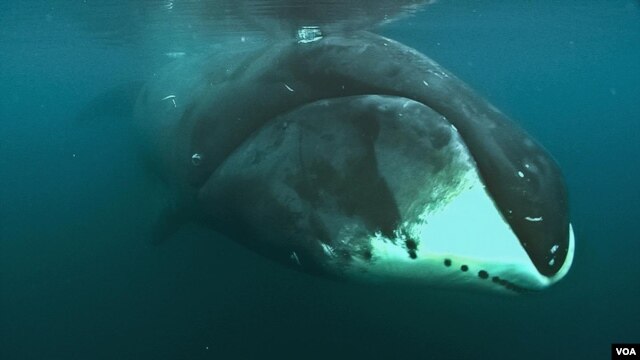ScienceRocks
Democrat all the way!
- Banned
- #1
First Real Indicator of Longevity in Mammals Discovered
First real indicator of longevity in mammals discovered
First real indicator of longevity in mammals discovered
A team of researchers from the Spanish National Cancer Research Centre (CNIO), headed by CNIO Director María Blasco, has demonstrated in a pioneering study on mammals that longevity is defined at a molecular level by the length of telomeres. The work -- which is published September 27 in the online edition of the journal Cell Reports -- opens the door to further study of these cellular components in order to calculate the rate at which cells age and thus be able to determine life expectancy for a particular organism.






